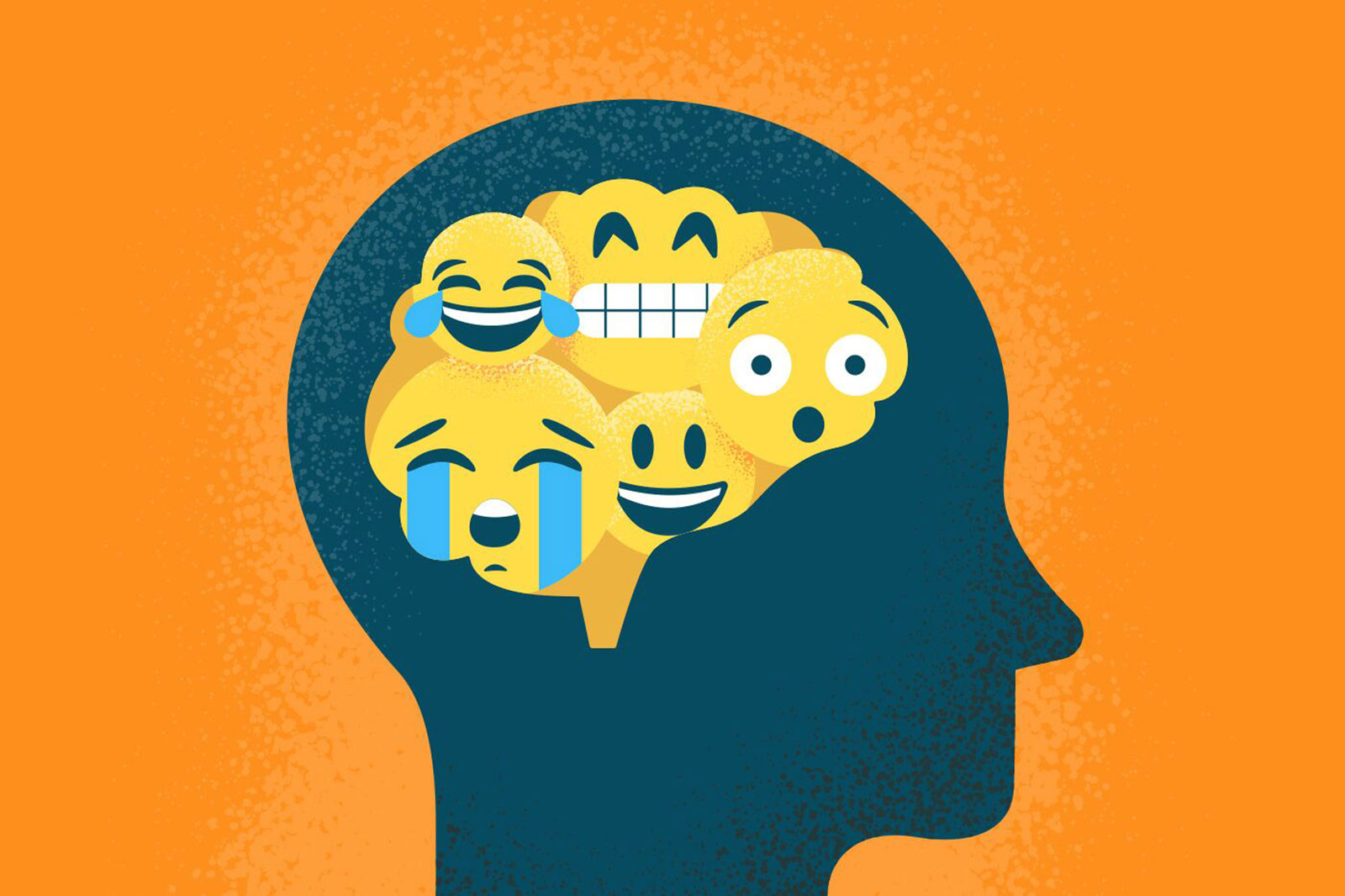ADVERTISEMENT
Among the rest of the other soft skills, emotional intelligence is at the forefront, and its prevalence is increasing in the labor market day by day. In fact, it is not a new popular wave but rather a proven skill in the performance of work teams in companies and even the performance of companies as a whole in the level of productivity and sales.
A team that includes members who have emotional intelligence and practice it with each other in their usual professional or human dealings achieves better results and is more effective than others. This is because they work in unison and do not allow arguments to detract from their respect for each other or their functional effectiveness.
Whether you work in a company or remotely, the following skills will help you understand the importance of emotional intelligence and how to develop it and benefit from it in practice:
1. Know what triggers your feelings.
We all, without exception, have something that gets on our nerves and provokes our feelings. As we agreed, people with emotional intelligence know themselves and the triggers of their feelings.
If you want to develop your emotional intelligence and use it practically in your work, monitor your thoughts and feelings and learn about their causes. Those reasons that make you feel angry, frustrated, hurt, or even happy
Only then will you be able to understand and manage it, which brings us to the second point.
ADVERTISEMENT
2. Learn to take control.
The second step in becoming aware of your feelings is to manage and control them in various situations, rather than allowing them to control you or your behavior.
Learn to stay calm in tense or turbulent situations. You’ll be done in no time, and you’ll be able to get your feelings out at the right time, in the right way. Put your focus on getting out of the situation with the best result and rational solutions focused on the goal.
Any emotion you get when you are nervous or angry will most likely not be in your interest, and your decisions and judgments will be impulsive, which you do not want. Practice breathing and meditation, even for one minute, and stay away from instantaneous reactions.
3. Use an assertive style of communication.
I do not mean that you act violently or rudely, but that you express your opinion or request with some decisiveness and firmness toward others, while maintaining the same respect and appreciation for others.
Remember that no one will read your thoughts and that people may confuse kindness with hesitation or suspicion. So speak with confidence and affirmation of what you want or intend so that others do not misunderstand you or carry your intention in another way.
4. Listen carefully.
In conversations and discussions, especially intense ones, do not listen with the aim of waiting for the other person to finish speaking. Rather, listen carefully and focus on what he says to make sure that you fully understand what he says (and, most importantly: what he means).
Leave space for others to speak and express their opinions and points of view. Pay attention to their body language, facial expressions, and even the melody and tone of their voices. You know how the way he says something changes the meaning.
5. Contribute to solving problems.
If you want to develop your emotional intelligence and benefit from it practically and personally, learn how to solve problems and crises. Work to set aside your feelings and emotions before making any decision that may be destructive or offensive to others, or even in the interest of work.
Here are some points that may help you with this:
- Always remember that the problem happened, and there is no turning back.
- Take the person who caused the problem on your side because they are the most knowledgeable about how to solve it.
- Focus your thinking and energy on finding solutions.
- Don’t start with punishment; postpone it until you finish solving the problem.
6. Learn when to leave an argument.
It happens that discussions rage and turn into skirmishes, so instead of exchanging opinions to achieve collective success, the focus turns to self-victory.
When you find yourself in a situation like this, and you find that the style of discussion or deliberation is beyond your limits or even not to your liking, you can withdraw and apologize for continuing with it.
Don’t be shy about giving yourself time to think, whether it’s a few minutes or an entire day. Make your focus on calming yourself first to avoid acting on any emotion, and secondly, thinking of a solution to the problem and making the right effective decision for yourself and the team.

7. Practice empathy.
As we said earlier, one of the most important traits of emotionally intelligent people is empathy. Empathy does not only mean sympathy for hungry stray animals, but for everyone and in all situations.
Try to put yourself in the position of others. To know the reason and motivation of their attitudes, to be able to understand them properly, and then to provide the right support and response to each situation.
You may not like that a colleague is late in responding to your request or mail to complete the work, but when you know that he has many other tasks or that he has a health or family problem, you will definitely sympathize with him and offer to help you or take care of completing the work on your own.More important than feeling empathy is practicing it.
8. Accept criticism.
If you want to develop your emotional intelligence and get the most out of it practically, I present to you the hardest skill of the emotional intelligence skills, which is accepting criticism.
Hearing criticism isn’t exactly the best thing to do. But, before you go on the offensive and launch an attack or respond to this criticism, take a step back and listen to and analyze it objectively.
Think about the motives of the person who offers you criticism. Perhaps he wants to communicate an idea whose content increases the effectiveness and efficiency of your performance at work. Yes, criticism tastes bad, but perhaps there is even just one idea behind it that will bring you good.
In the end, after we have detailed what emotional intelligence is and how to develop it and benefit from it practically, it is time to put this knowledge and these steps into practice and implementation.
I am not saying that it is easy or that it does not require effort, time, and long patience to own it, but as they say, the journey is under way. On your way to practicing emotional intelligence, you’ll learn how to treat others intelligently and become a better version of yourself.
Read also: Startups benefit from social media



